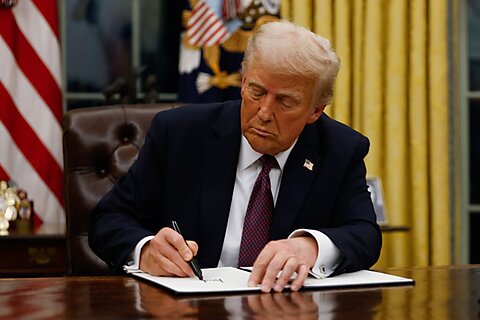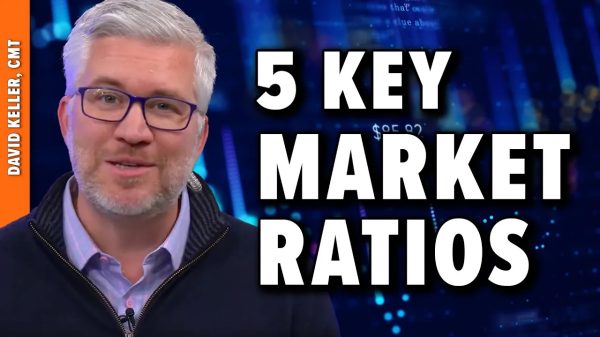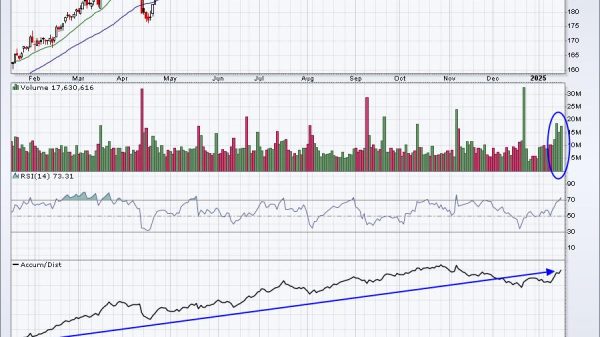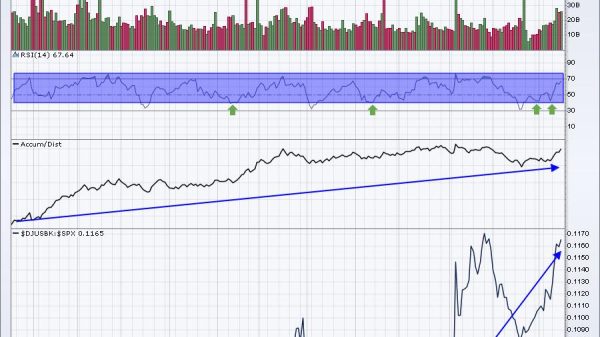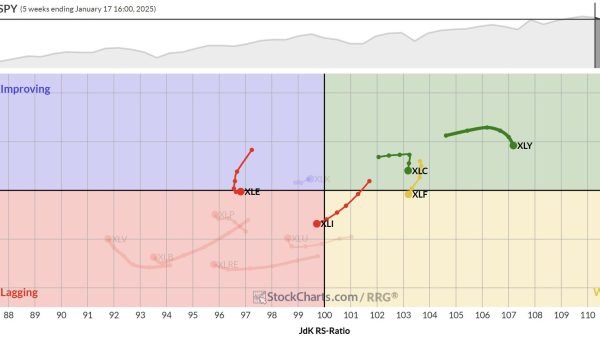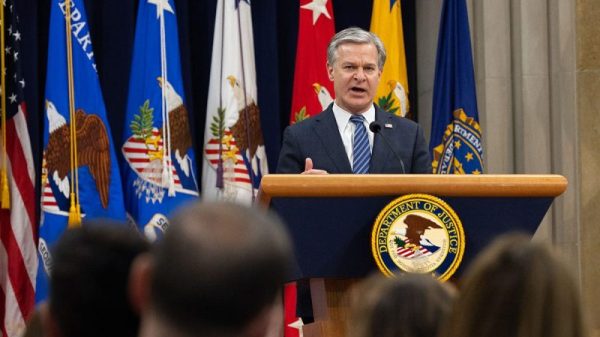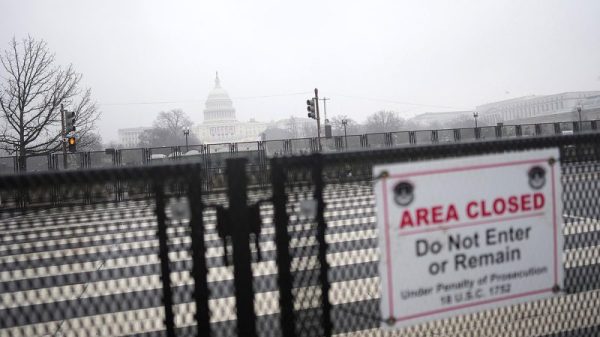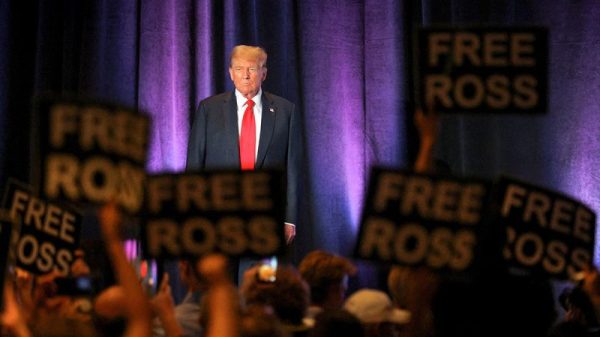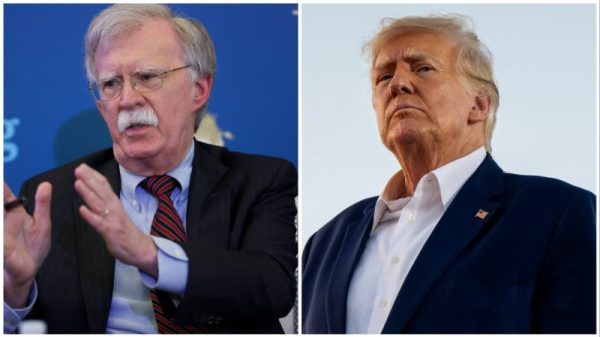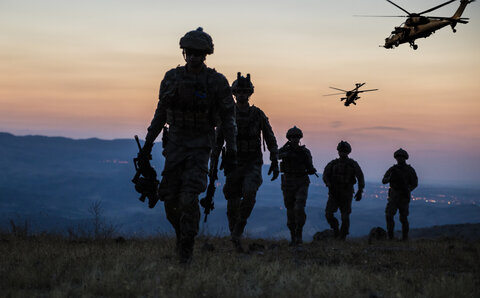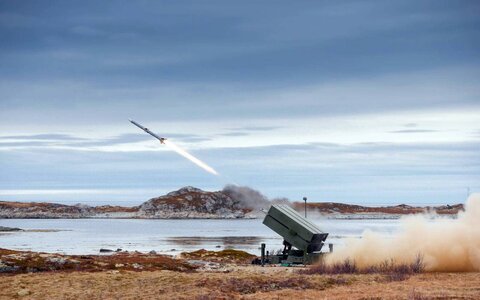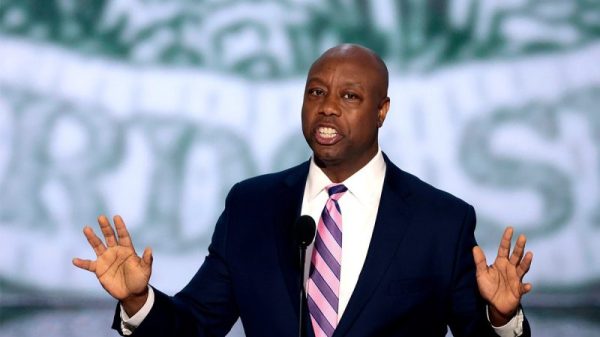
A perennial yet fanciful idea, the notion of sending US Special Forces into Mexico, has once again entered American political discourse. This latest flowering of foolishness emanated from President-elect Donald Trump’s future “Border Czar” Tom Homan, who, in a recent appearance on Fox News, declared that the incoming president “will use [the] full might of the United States Special Operations” to eliminate Mexico’s drug cartels.
While this idea is not new in Republican circles, it has become hazardous now given the Mexican drug cartels’ increased military capacity and tactical competence. Directing American Special Operations Forces against the cartels would put them up against a sizable near-peer competitor in asymmetric warfare, thus putting the US government into a position of little escalatory advantage. Such a move would not just force the American military into another quagmire; it would drop them into a morass up to their metaphorical waist.
These recent calls for the use of Special Operations Forces against the Mexican drug cartels ignore that the latter has developed capabilities perilously close to the former. Video evidence and Mexican officials have long revealed that the various cartels, particularly Los Zetas, the Sinaloa Cartel, and Jalisco Cartel New Generation (CJNG), possess the force-multiplying equipment of a formidable asymmetric military force. Examples include the possession of armored vehicles, the use of armed Unmanned Aerial Vehicles (UAV) and Improvised Explosive Devices (IEDs), man-portable heavy weapons systems, as well as the possession of surface-to-air missiles and numerous crew-served weapons.
Beyond equipment, the cartels, chiefly CJNG, have benefited from extensive tactical training, knowledge passed to them from Mexican military defectors, ironically enough, who were trained by US Special Operations forces.
Putting legalities and congressional consideration aside for a moment, sending US Special Operations into a direct confrontation with the Mexican cartels would pit them against a near-peer competitor, who, like the Taliban, would likely enjoy the direct or tacit support of the local populace and the luxury of hiding in punishing terrain.

Furthermore, as seen in more significant conflicts, such as Russia’s invasion of Ukraine and the Middle East, man-portable weapons systems and armed UAVs favor those who hold territory, thereby leveling the scales between otherwise mismatched military forces. Given these constraints, in such a scenario American special operators would find themselves involved in an asymmetric war where combat parity would be all but guaranteed, thereby tempting the US government to escalate further.
In recent months, supporters of this idea have cited the US government’s near destruction of ISIS as proof of concept; however, making a model of the campaign against ISIS is a mistake. The issue at hand is not the combat prowess of the American military; it is the realities of government power and who wields the monopoly of coercion. In Syria and Iraq, the Assad regime, the Iraqi government, and their Iranian militia allies, all of whom share an opposition to ISIS, continue to wage their own campaigns against the group. These conditions do not apply to the situation in Mexico as the cartels are parastate actors that operate within the pockets of Mexico which lay beyond the authority of the central government.
If the US government uses its military power against cartel leadership, what guarantee will there be that their networks won’t regenerate as fast as they can be degraded? Furthermore, if even targeted strikes succeed over the long haul, who fills the power vacuums left in their wake? If the central Mexican state cannot do so, then the US will find itself in a situation different from the campaign against ISIS but more akin to Afghanistan, where they played whack-a-mole against the organization’s leadership and were unable to rectify the governing vacuum that sustained the group overall.
The further militarization of the drug war may score some political points, but it will not address the underlying causes of Mexico’s governance problem or stem the flow of drugs across the US southern border.
There is no doubt that the Mexican drug cartels are dangerous and depraved organizations whose command of the drug trade and other illicit activities has caused immeasurable suffering to the people of Mexico that is spilling over the border and into the United States. However, the solution to such issues cannot bear the risk of creating new sets of problems that would threaten further intervention.











